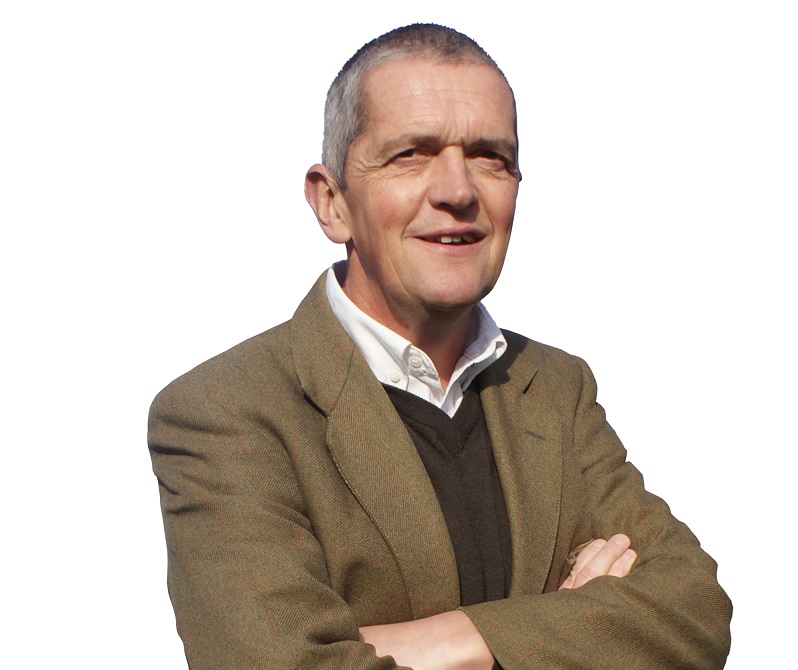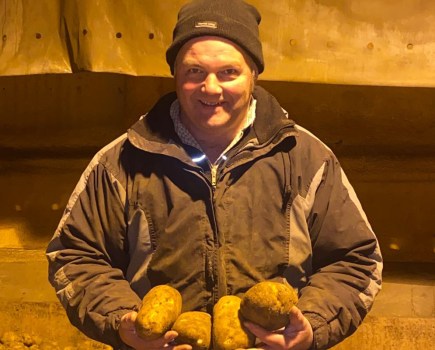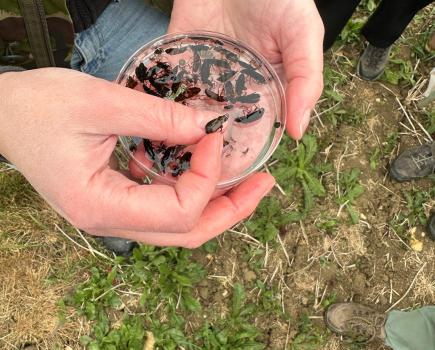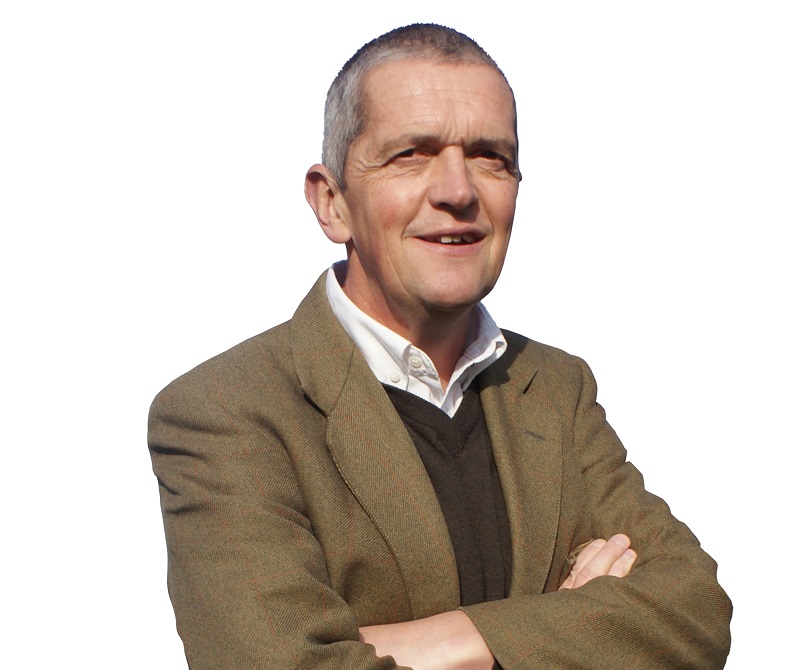 For the meteorologically squeamish among us the recent pronouncements of the Climate Change Committee make for sobering reading.
For the meteorologically squeamish among us the recent pronouncements of the Climate Change Committee make for sobering reading.
Basically, their expert opinion is that the ‘freak’ weather patterns we’ve seen over the recent years whereby flood gives way to drought and then returns back to flood again, are not so much ‘freak’ but rather indicative of what’s to come. The thought we’ve got more, not less, of this punishing weather to come does rather concentrate the mind. I suspect I’m not alone in thinking that in autumn 2019 I shouldn’t have bothered to start the cropping year. Even with improved prices, harvest 2020 was the culmination of a lot of bother and expense with little or no reward.
But before we rush to shut the field gate, the key question is how much trust we should put into long term weather forecasts. I’ve yet to come across a reliable ten-day forecast, let alone a ten-year one. Certainly, the weather in the 2020/21 growing year has been a lot more conducive to a better harvest for 2021. I do seem to remember there was a school of thought doing the rounds when climate change projections were first emerging 20 years ago that suggested that the weather in northwest Europe would become more benign for farming not less.
But now things have taken a far more ominous tone. These dark predictions of hellish weather become all the more engaging as we consider adjusting our farm business models in preparation for the demise of BPS and the advent of a new suite of environmental schemes. The prospect of putting acres into schemes that guarantee an income no matter what the weather becomes all the more appealing in the face of flood and drought with not much in between.
Nuffield and Knepp
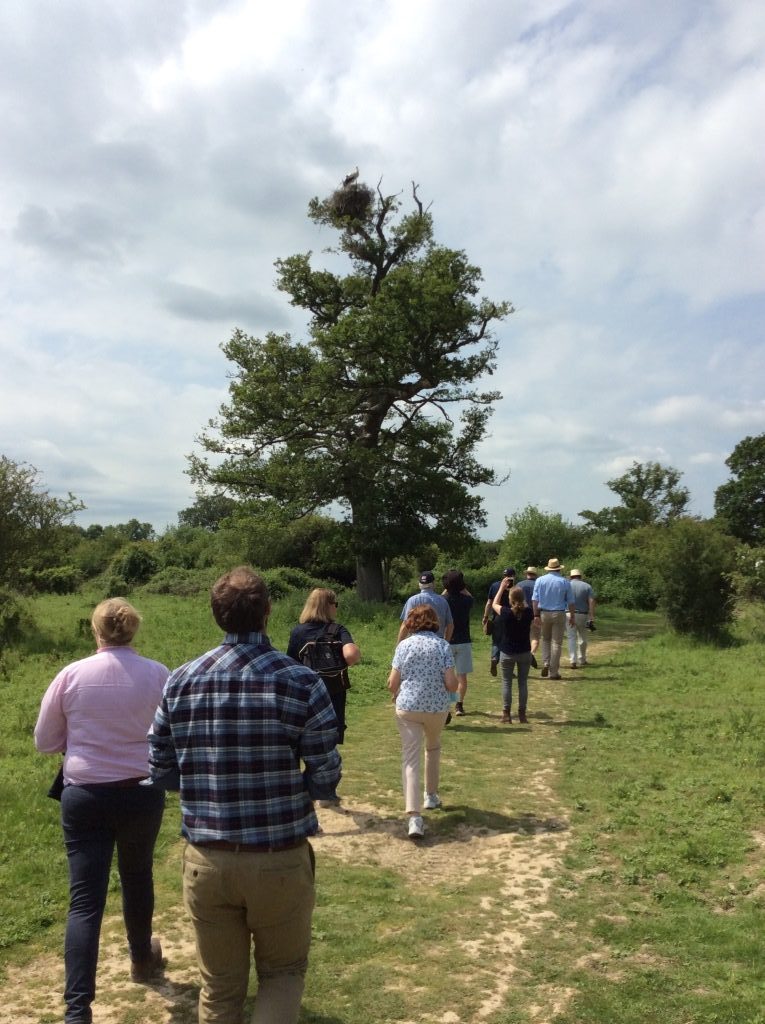 Nuffield farming scholarships are primarily about travel bursaries that encourage farmers to look at a particular aspect of agriculture in foreign fields. The experience certainly expanded my horizons although admittedly from a very limited parochial start-point where I hadn’t ventured far from my small Essex pond. Obviously Covid has proven a huge travel hurdle for those recently awarded scholarships but hopefully the vaccine programme will start to open the world up again soon.
Nuffield farming scholarships are primarily about travel bursaries that encourage farmers to look at a particular aspect of agriculture in foreign fields. The experience certainly expanded my horizons although admittedly from a very limited parochial start-point where I hadn’t ventured far from my small Essex pond. Obviously Covid has proven a huge travel hurdle for those recently awarded scholarships but hopefully the vaccine programme will start to open the world up again soon.
Another aspect of the Nuffield experience is the lifelong camaraderie where scholars stay in touch. There are various study groups which attract Nuffields of all ages. As Chair of the Arable Group, I had the pleasure of arranging a trip to the Knepp Estate in West Sussex. It was fascinating to see what happens to a large arable farm where you shut the gate only allowing in a small number of herbivores to browse plus the odd pig to snout around. There’s also some more intense management such as the stork project where young, injured storks from Warsaw zoo are nursed back to health in a new home on the Sussex Weald. The result is the first nesting storks in the UK since 1400. Their scruffy nests balanced precariously in the tops of trees make quite a sight.
The Knepp experiment is very on-trend as it has become a honeypot attracting the the Defra policy drones. While it was a fascinating day most of the Nuffield group walked away with the F word on their minds.
Guy Smith grows 500ha of combinable crops on the north east Essex coast. @EssexPeasant

